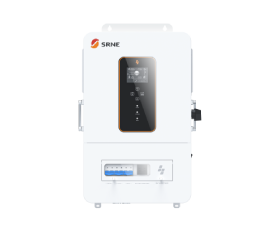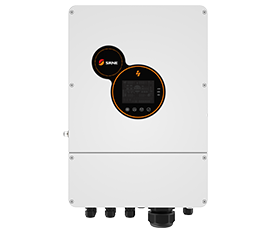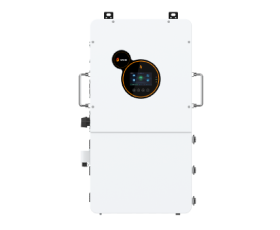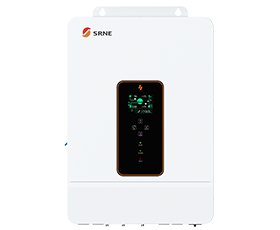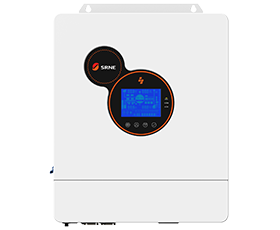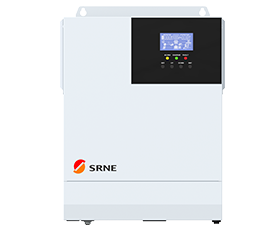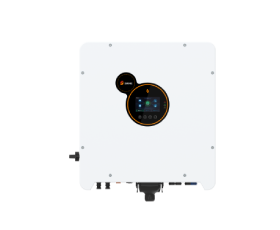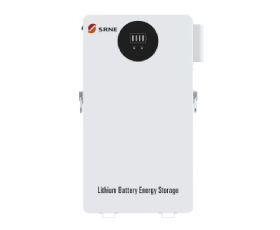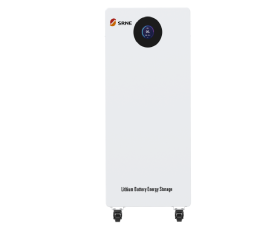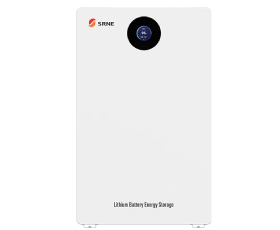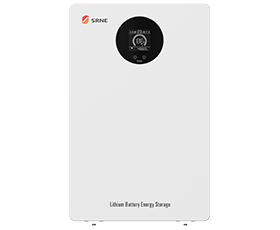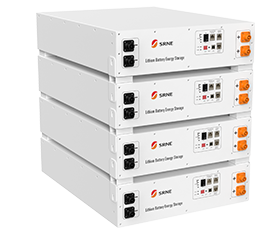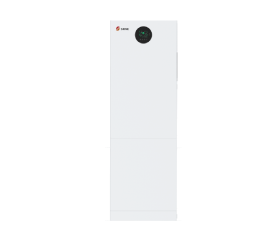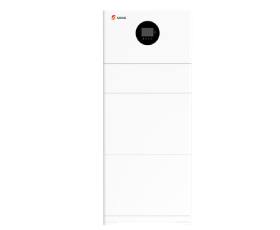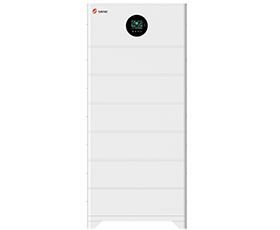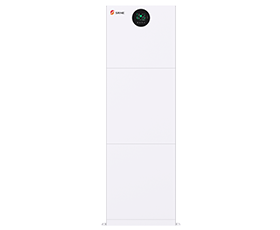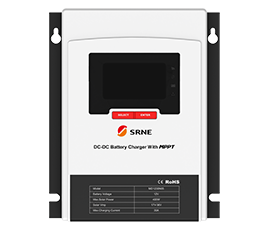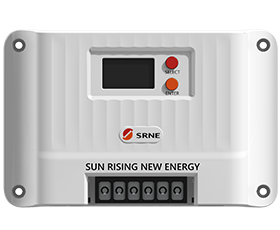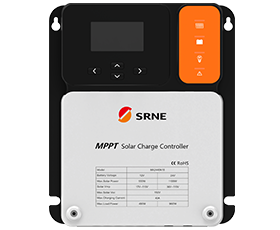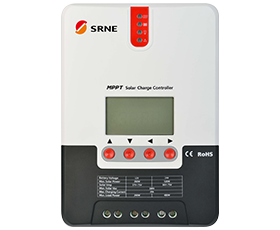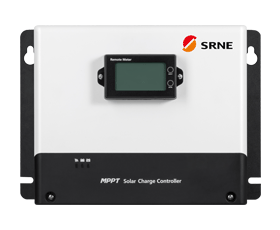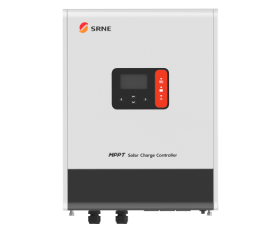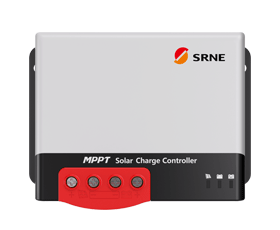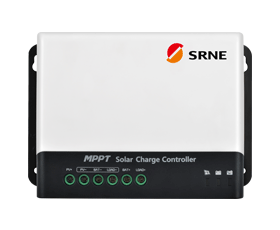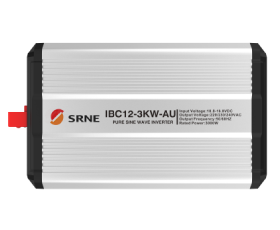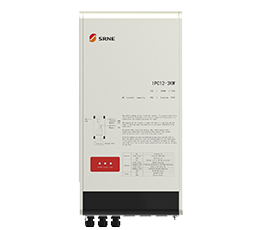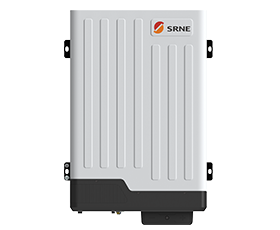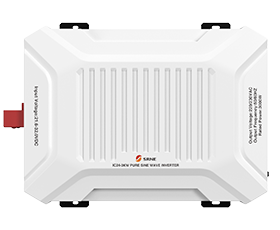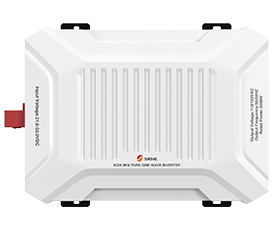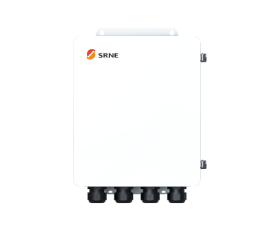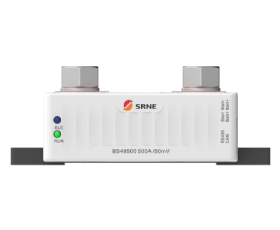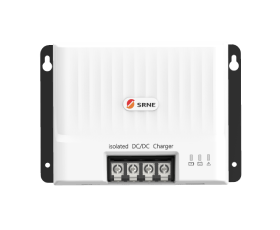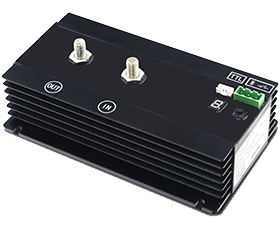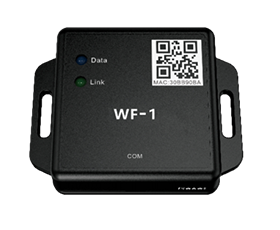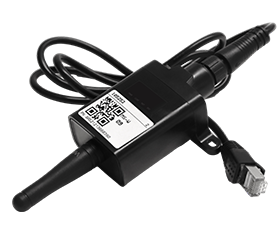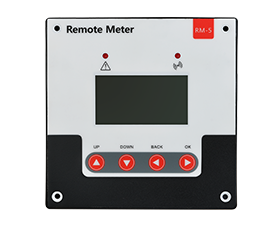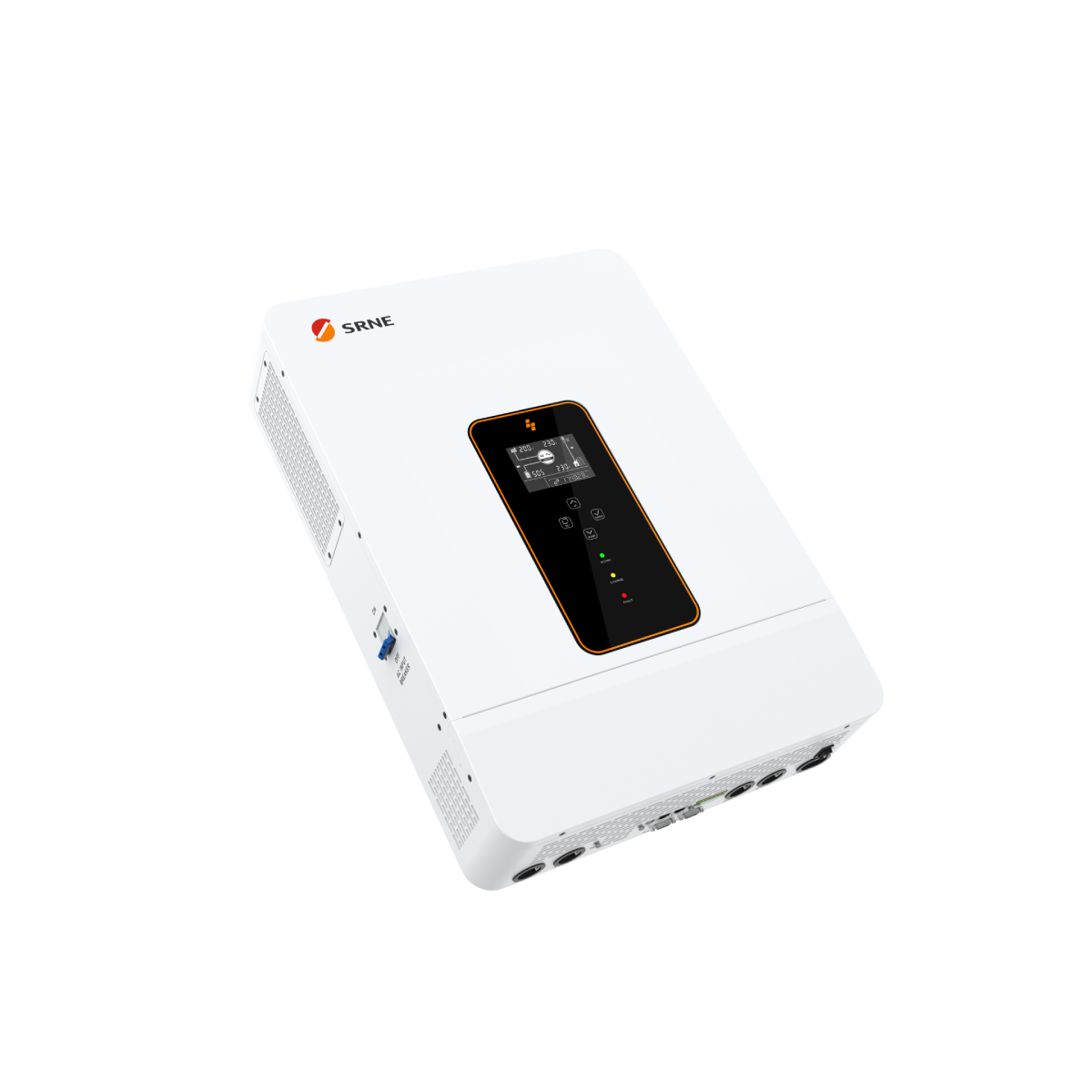Differences between Commercial and Residential Solar Panels
Nowadays, it is not only individuals who are looking to switch to solar energy, more and more commercial enterprises are making the leap to power their buildings with electricity created via the solar power system. Not only does making the switch save money, but such companies are hoping they will leave a good impression to people if they are seen to be displaying a commitment to more environmentally-friendly energy sources.
But do you know all solar panels are not created equal? There are several differences between commercial and residential solar panels. Let’s take a look at some of those key differences below. Before we start, it is important to keep in mind that these differences are based upon some generalizations about both residential and commercial solar, and may not be applicable in every individual case.
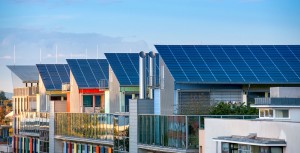
Size
Size is the most important distinction that comes first when it comes to the difference between a commercial solar panel and a domestic solar panel.
Generally speaking, commercial solar panels are larger than residential solar panels. In typical cases, the area covered by residential solar panels is 65 inches by 39 inches. This area has about 72 cells which are enough for residential needs. While in commercial solar modules, there are 96 cells which are way greater in number than residential solar modules. The area covered by these cells is about 78 inches by 39 inches.
Commercial solar panels can be used by residential users, as the size doesn’t have any negative effects. This size difference means that the commercial panels have more solar cells than their residential counterparts and, therefore, will perform a little bit more efficiently over time. For this reason, it is wise to consider commercial-sized solar power panels for your home.
Installation
We install both residential and commercial solar panel systems the same way. But it is a fact that a commercial solar system will be easier to install than a residential system. This might come as a surprise, given that commercial projects are usually much larger in a scale.
The reason is simple. Commercial solar panel installation is often done onto flat roofs. This means that they could be mounted using a system which does not penetrate the roof and which is a lot simpler to set up.
Residential homes on their own part need their panels to lie flush against their shingles, which demands a more careful and much slower installation process.
Efficiency
In general, the commercial solar panels are capable of producing more power than the smaller residential solar panels because they incorporate more cells and consider themselves as bigger than residential panels. And when it comes to efficiency, commercial solar panel is more efficient than residential solar panel. However, solar panels for both the systems is almost the same, for example, the price of 5kw solar panels by the power they produce for a residence the same cost as a commercial system charges.
Color
Commercial and residential solar panels also vary in color. Commercial solar panels usually come in white color, while residential ones are an amalgamate of black and white. For this reason, a residential solar system is also named black and white solar system.
This color choice is also available to match with the background where they are installed. If you have a black backing, go for black colored solar panels. And in case it is white-colored you should go for white colored solar panels.
More options for commercial systems
When businesses begin researching solar power systems, the number of options available to get off the grid may surprise them. If they like, companies could install panel systems on their roofs just the way it is done on residential buildings, yet they can even expand a lot more creatively too. One other choice is solar-panelled parking lots, just as are ground installations within the surrounding land. Residential solar panels and systems normally do not feature this freedom.
We hope this article will give you a much better understanding of the differences between commercial and residential solar panels before you go diving into renewable energy for your business or home.




















